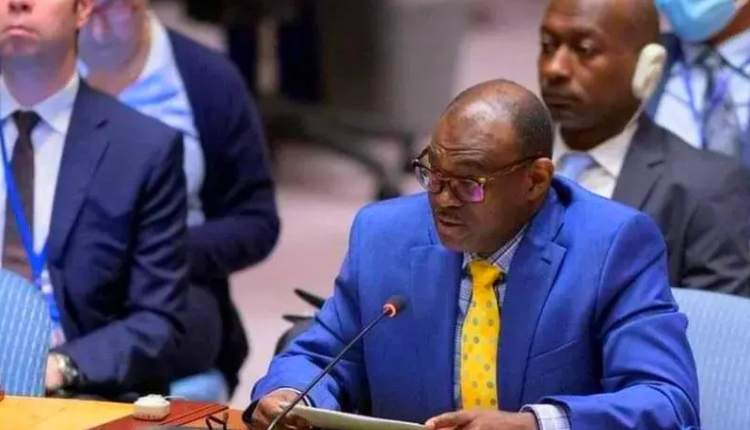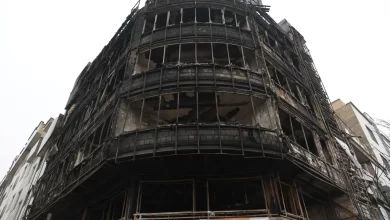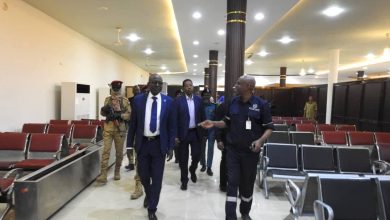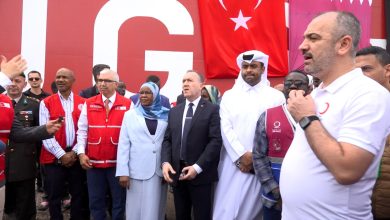
Sudan Events – Agencies
On Tuesday, Sudan’s permanent representative to the United Nations, Harith Idris, presented new proposals to implement the Jeddah Declaration between the Sudanese army and the Rapid Support Forces, ensuring a national regional mechanism.
In a briefing to the Security Council, which discussed the situation in Sudan on Tuesday, Harith Idris said that his country is calling for “activating a mechanism to implement the Jeddah commitments within a joint national regional framework, with preference for its implementation first in Khartoum, Omdurman, and Khartoum Bahri.”
He proposed evacuating the Rapid Support Forces from all civilian objects, according to the second clause of the Jeddah Declaration, which stipulates the commitment to evacuating and refraining from seizing private and public facilities such as medical facilities, water, and electricity installations, and not using them for military purposes, from the three capital cities of Khartoum within 10 days.
He stressed that the army is committed to opening corridors and designating one camp in each of Khartoum and Bahri where the Rapid Support Forces will gather their evacuated troops.
He explained that the second phase involves evacuating civilian objects in the states that were seized after the Jeddah Declaration was signed, with its implementation starting immediately after completing the first phase, and ending within a month. During this period, the Rapid Support Forces would be gathered in agreed-upon camps.
The Sudanese diplomat emphasized that the police forces would take responsibility for the checkpoints in all regions of Sudan.
He revealed that the government is starting to develop a plan to protect civilians by re-establishing the national civilian protection mechanism to confront the atrocities and war crimes committed by the Rapid Support Forces.
Harith called for support for the joint forces defending Darfur and their inclusion in peacekeeping operations and monitoring the Adre crossing, which the Rapid Support Forces have misused to smuggle weapons and ammunition.
He proposed several conditions to keep the Adre crossing between Sudan and Chad open, including determining the number of trucks for humanitarian aid, the names of the transporting companies, and adherence to the designated route.
He called for the formation of a joint mechanism between Sudan and Chad for the Adre crossing, under international supervision and protection, with the Sudanese committee overseeing the unloading and loading operations for humanitarian aid at the crossing.
The deadline for keeping the Adre crossing open will end next Friday. The Sudanese government had agreed on August 15 to keep it open for three months to allow humanitarian aid to pass through.



